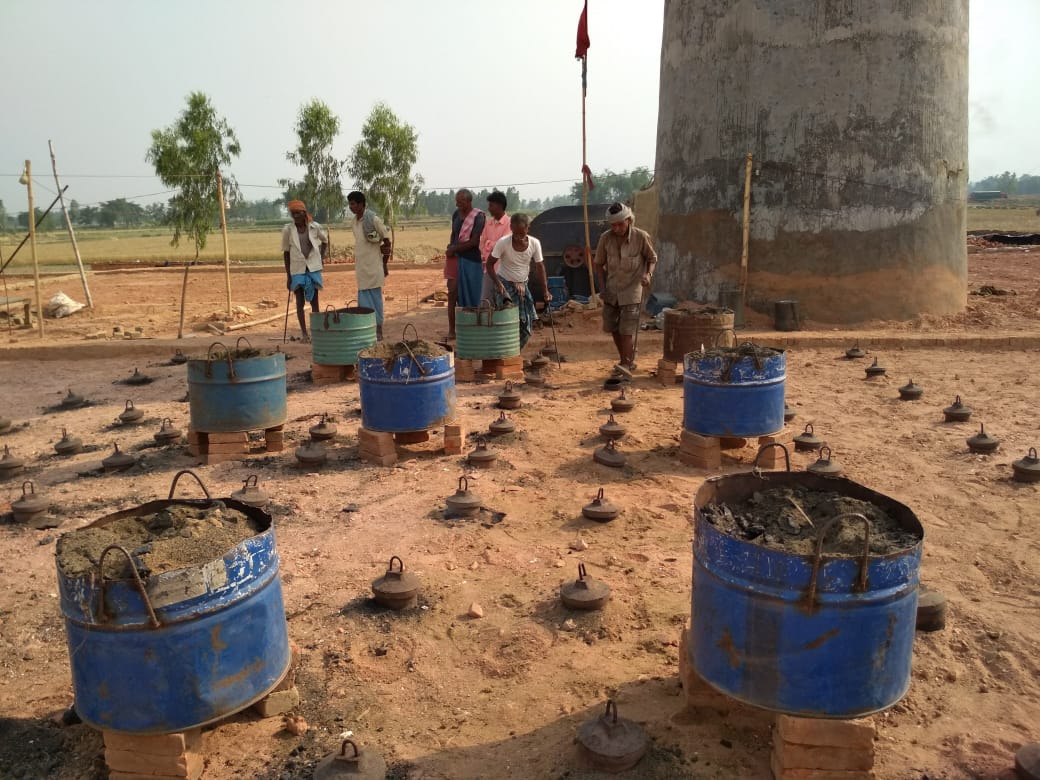Economic and Health Impact Assessment of Heat Adaptation Action: Case studies from India
Organization: Institute of Economic Growth
Lead Researchers: Purnamita Dasgupta
Year: 2023
This collaborative research project entitled “Economic and Health Impact Assessment of Heat Adaptation Action: Case Studies from India” brings together researchers from diverse disciplines, to expand on evidence relating to heat-health risks and adaptation to reduce adverse health and economic outcomes.
This research is a collaboration between Purnamita Dasgupta (Lead institution: Institute of Economic Growth, Delhi), and partners including Kristie L Ebi (University of Washington, Seattle), Rupa Kumar Kolli (Indian Institute of Tropical Meteorology, Pune), Meeta Mehra (Jawaharlal Nehru University, Delhi), Rajib Dasgupta (Jawaharlal Nehru University, Delhi), Clare Heaviside (University College London, London), Pankaja Raghav (All India Institute of Medical Sciences, Jodhpur) and Arabinda Mishra (Development and Environment Futures Trust, Bhubaneswar). The research is funded by the Wellcome Trust.
ABOUT THE PROJECT
Heat Stress is a growing concern in India, although the magnitude and pattern of health risks and impacts are insufficiently understood. Effective interventions are needed in the context of increasing frequency and intensity of heat waves, associated with global warming, to protect those most at risk such as the elderly, outdoor workers and children in low resource settings.
This 5-year research project adopts a pluralistic approach for the design and conduct of the study, combining qualitative and quantitative methods to:
- assess the magnitude, patterns and determinants of heat stress-related economic and health impacts in India, and
- identify the most effective interventions for heat-health adaptation, specifically among selected urban communities in Bhubaneswar (Odisha) close to the east coast of India and Jodhpur (Rajasthan) in the arid region of northwest India.
The project will evaluate the effectiveness of interventions within Heat Action Plans, as well as pilot and evaluate additional (household) adaptation measures for reducing heat-related health risks in children, elderly and outdoor workers, including gender-differentiated aspects.
The key outcomes expected from the research include:
- mapping of heat-stress exposure pathways;
- quantification of heat-related health outcomes in terms of morbidity and mortality indicators;
- socio-economic correlates with healthcare seeking behaviour of households;
- assessment of ongoing programs and policies to manage heat-health outcomes such as Heat Action Plans, Disaster Management Plans and Urban Health policies and programs including Universal Health coverage;
- identification of additional potentially more effective interventions from adaptation pilots amongst vulnerable groups;
- potential for improvements in urban green infrastructure for heat-health risk reduction;
- cost estimates of heat-health impacts in the community and cost-effectiveness of interventions to reduce health risks;
- capacity building, awareness creation and strengthened policy engagement.
The outcomes will be synthesized to document and quantify the effectiveness of interventions on the key domains of heat-health risk reduction, economic feasibility, social acceptability, and regulatory and policy viability for heat-health adaptation interventions, highlighting lessons for policy and practice in low and middle-income country contexts.
